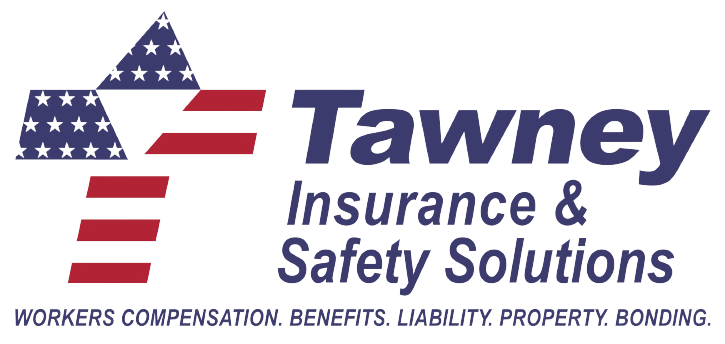What's Really Going On with Bonding Commissions in West Virginia Public Construction
If you're a contractor working on public projects in West Virginia, you know the drill. Want to build that new state building or work on those roadways? You need to get bonded. It's just part of doing business.
But here's what most contractors don't realize: the bonding game has some serious money moving around behind the scenes, and it's worth paying attention to.
Commission rates on bonds can swing anywhere from almost nothing to 35-37% of your premium. That's not pocket change, we're talking about real money that gets baked into your project costs.
So where does all that commission money actually go?
Your local agent might see 25-30% of it
The big brokerage firm (often headquartered somewhere else) takes the rest, sometimes 60-70%
West Virginia sees very little benefit when most of that money leaves the state
Think about it this way: when 70% of your bonding commission heads out of state, that's money that could have supported local businesses, funded community projects, or just circulated through our local economy.
Instead, it's padding the bottom line of some corporate office in another state.
Most contractors stick with one bonding company. Nothing wrong with loyalty, but when you're not seeing the full picture of what you're paying and where that money goes, you might be missing out.
Here's what we typically find:
They've been with the same company for years
They have no idea what commission rate they're actually paying
They've never shopped around for alternatives
They don't know how much of their money is leaving the state
Every dollar in bonding commission gets passed along somewhere, usually to the project cost. For public projects, that means taxpayers are ultimately footing the bill for these inflated commission structures.
When we're trying to keep project costs down and increase competition, shouldn't we be looking at every piece of the puzzle?
What You Can Do About It
Getting transparency in your bonding costs isn't rocket science, but it does take some legwork:
Ask your current agent for a commission breakdown - they might not love this question, but it's your right to know
Get quotes from other providers - you might be surprised what else is out there
Find out where your commission dollars end up - local or out-of-state?
Look at what you're actually getting for what you're paying
Consider the bigger picture - how do your bonding decisions affect your community?
Look, bonding isn't going anywhere. Public projects need these financial guarantees, and that's fine. But there's no reason contractors should be in the dark about what they're paying or where that money goes.
A little transparency goes a long way. When you know what you're really paying for bonding and where those dollars end up, you can make better decisions for your business and your community.
Maybe it's time to have that conversation with your bonding agent. Ask the tough questions. Shop around a bit. See what else is out there.
Your projects might benefit more than you think.
